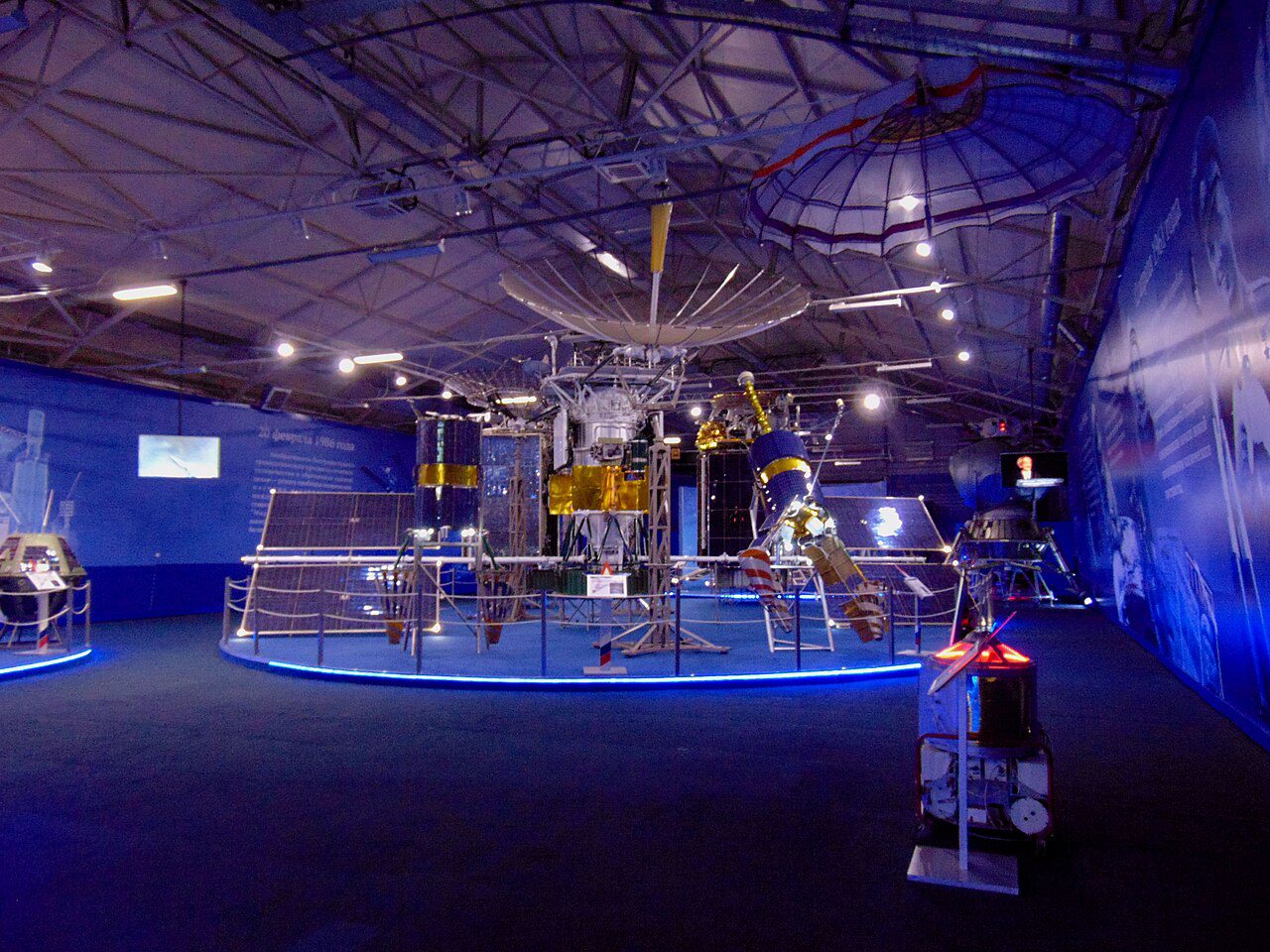The Third International Anti-Fascist Congress began in Moscow, drawing delegates from over 30 countries including prominent leaders of communist and left-leaning parties.
Hosted by the Russian Ministry of Defense at Patriot Park, the event aims to strengthen international efforts against the resurgence of fascism, preserve historical memory of the Second World War, and promote a multipolar global order, organisers said.
The congress will run from April 21 to April 23 and features high-level participation from governments, armed forces, academic institutions, religious communities, and civil society actors. Representatives from CSTO member states, anti-imperialist movements, and veterans’ groups are also in attendance.
The Anti-Fascist Congress does not have an officially stated connection to the birth anniversary of Vladimir Lenin, which falls on April 22. However, the timing of the event suggests a symbolic alignment with Lenin’s legacy.
Communist Party of Bangladesh (CPB) leader Ruhin Hossain Prince joined the congress, marking the country’s presence in this prominent international forum. His participation follows renewed calls from South Asian leftist circles for united resistance against what they describe as the rising tide of authoritarianism and militarised capitalism in the region.
Among the sideline events are a commemorative ceremony at the Memorial Church in Patriot Park, a series of policy roundtables on countering neo-fascist propaganda, and a closed-door meeting of communist party leaders from Asia, Africa, and Latin America aimed at forming a new global alliance for anti-fascist coordination.
Speakers at the opening session underscored the danger of historical revisionism, particularly in relation to the Soviet role in defeating Nazi Germany, and condemned what they described as attempts to rehabilitate fascist collaborators in parts of Eastern Europe.
The event is expected to conclude with a Moscow Declaration that reaffirms the participants’ collective resolve to combat all forms of fascism and authoritarianism, and calls for enhanced international cooperation in peace-building, education, and resistance to militarist narratives.
Organisers hope the congress will serve not only as a forum of remembrance but as a catalyst for renewed global activism rooted in anti-fascist principles.
These congresses are part of a broader initiative by the Russian government to promote its narrative on anti-fascism, particularly in the context of its actions in Ukraine. Critics argue that such events serve to justify Russia’s foreign policy objectives under the guise of combating fascism.


